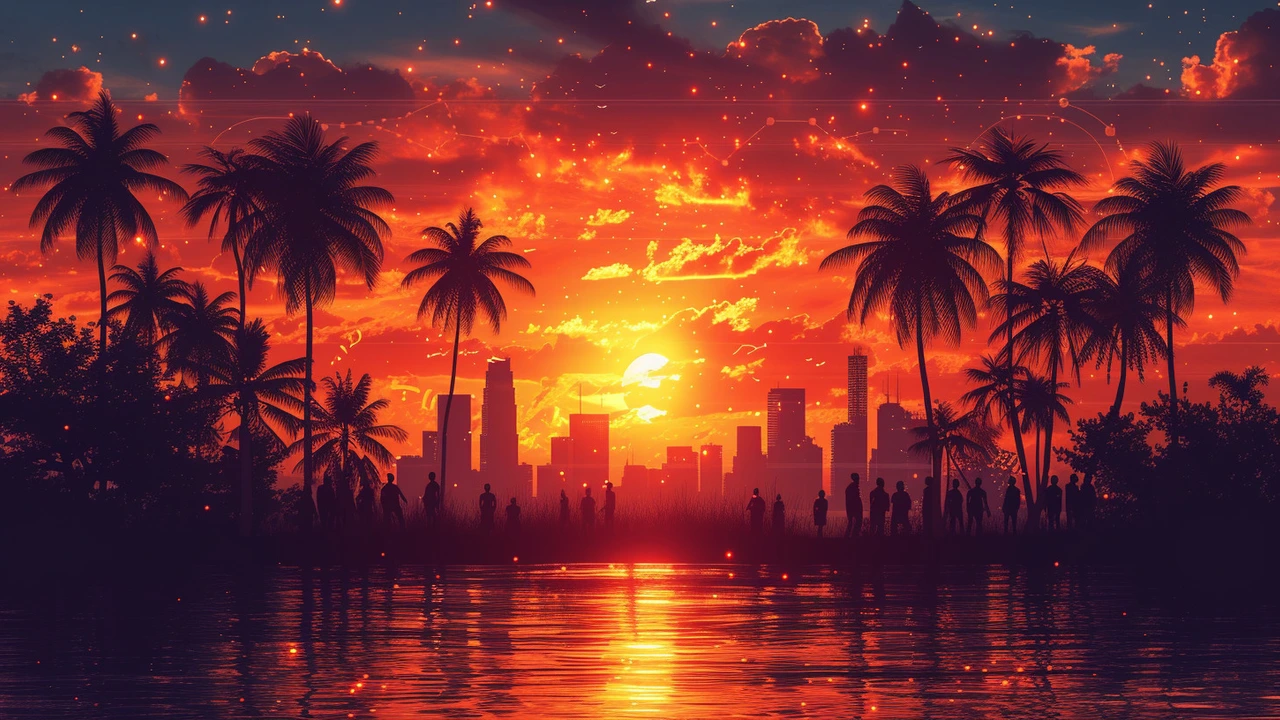Reggae: A Melody of Freedom and Revolution
Reggae music, we often envision sun-soaked beaches, swaying palm trees, and a carefree vibe. But deep beneath its rhythmic beats and soulful lyrics lies a vibrant history of activism, resistance, and social change. Back in the day, my father used to say - Steven, Reggae is not just music; it’s a set of beliefs and values, its voice of the voiceless and an instrument of sociopolitical power. Now, I took time to dig into and understand the deeper meaning and its significance.
The Roots of Reggae: Symbol of Empowerment
Delving into the roots of Reggae takes us back to the late 1960s, when Jamaica gained its independence from colonial rule. The genre emerged as the musical expression of the marginalized, poor, and oppressed Afro-Jamaican community, whose voice had been stifled for centuries. Their struggles, resilience, and firm belief in relocation to Africa, their motherland, found resonance in the powerful lyrics and beats of Reggae. I reckon music has an extraordinary way of encapsulating our deepest feelings, and Reggae did exactly that; it became a symbolic representation of their thirst for justice and racial equality.
Reggae as a Political Tool: Speak the Truth, Sing the Resistance
In essence, Reggae music transcended beyond entertaining melodies and catchy rhythms; it evolved into a vessel of political dissent and a beacon of social justice. Burned into my memory is this story from my teenage years, when I attended this Reggae concert in Perth where the musicians sang songs advocating anti-nuclear sentiments. At that tender age, the mere notion of music being utilized as a medium of political protest left an indelible mark on my perception. Since that day, every beat of Reggae resounded with a call for change.
Rastafarianism: The Cornerstone of Reggae Activism
Without discussing Rastafarianism, encapsulating the sociopolitical influence of Reggae music would be futile. This Afro-Caribbean religious and political movement, which thrived on the ideals of Pan-Africanism, largely shaped the social commentary articulated in Reggae music. Seriously, if we thought Reggae was just about Bob Marley and his empowering music, this revelation makes it clear that it was, in fact, fueled by an entire socio-religious movement. The Rastafarian belief system, intertwined with a revolutionary spirit, gave birth to a rebellion wrapped in rhythmic melodies. And if you ask me, that’s some serious groundbreaking stuff, folks!
Global Influence: Bob Marley and the Wailers
Sending the message of sociopolitical resistance to an international audience was the legendary Bob Marley and his band, The Wailers. With their lyrics deeply entrenched in social justice and political resistance, they brought Reggae from the ‘ghetto’ streets of Jamaica to the realms of the global music scene. With a guitar in his hand and rebellion in his heart, Bob Marley extended the reach of Reggae beyond national borders. Their legacy of formidable hits like 'Get Up, Stand Up', 'War' and 'Revolution' continue to inspire and motivate movements for racial justice, civil rights, and equality till date. Sure reminds me of that old songwriter's saying – “A good song knows no boundaries”.
Fanning the Flames of Sociopolitical Movements: Reggae's Omnipresence
Over the decades, Reggae has continued to widen its horizons, imprinting its influence on sociopolitical landscapes worldwide, from New Zealand to South Africa. The anti-apartheid movement in South Africa to the indigenous rights movement in New Zealand — all owe a part of their success to the rallying booms of Reggae music. Makes us think, doesn’t it? How music, a seemingly simple form of expression, can light the fires of revolution and fan the winds of societal transformation.
To wrap it all up, Reggae has been, and still is, a powerful tool for sociopolitical movements. It's a bit like a melodious canvas privy to the paintings of rebellion, change, and empowerment. Unlike me trying to convince my friends that my barbecue is better than theirs, we have Reggae, impacting societies at a larger scale, shaping cultures, triggering thoughts and proving to be an influential catalyst for change. In essence, it exemplifies the power of art to drive sociopolitical evolution, to echo the unheard, and to amplify the dialogue on issues that matter. Reggae, you beauty!

